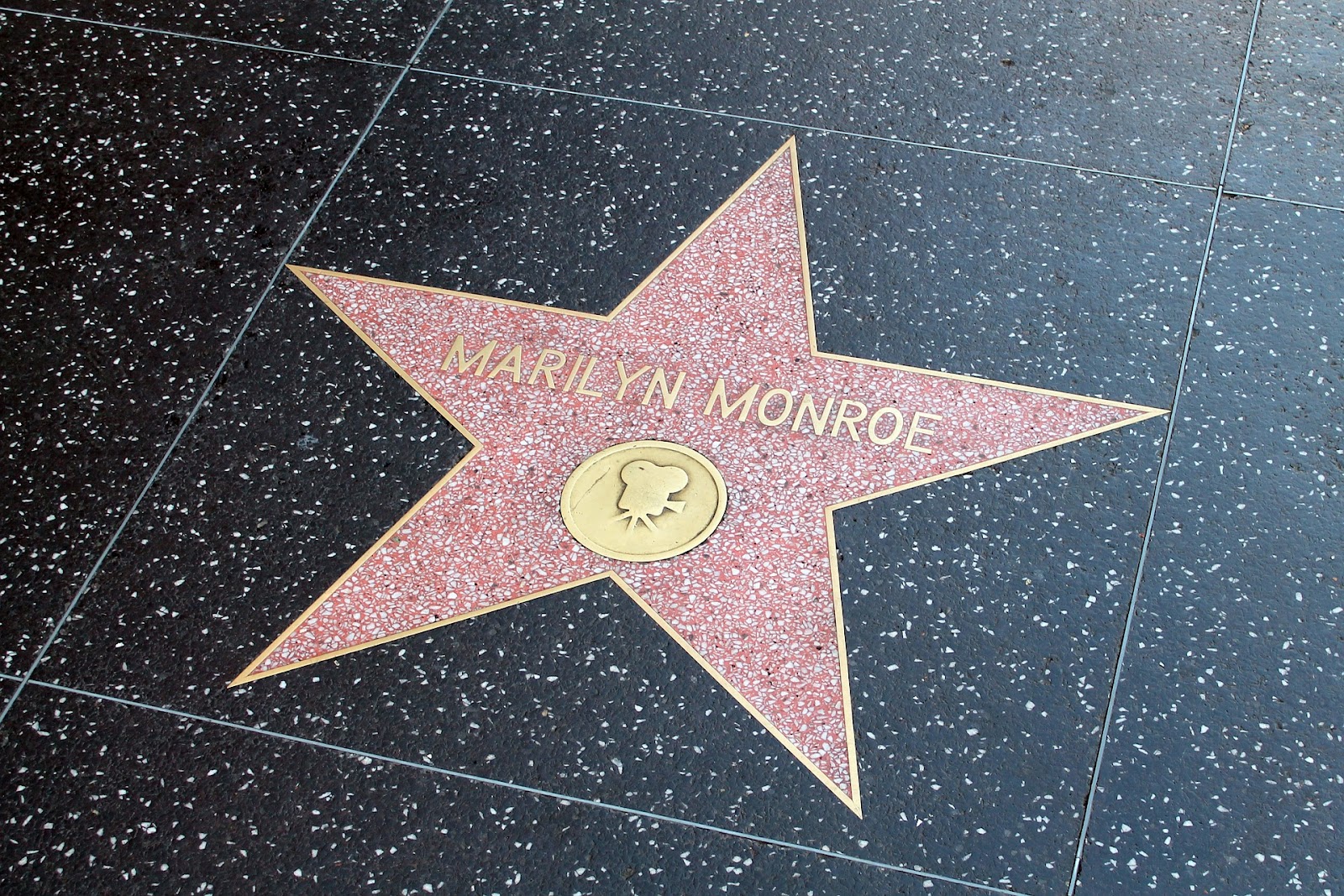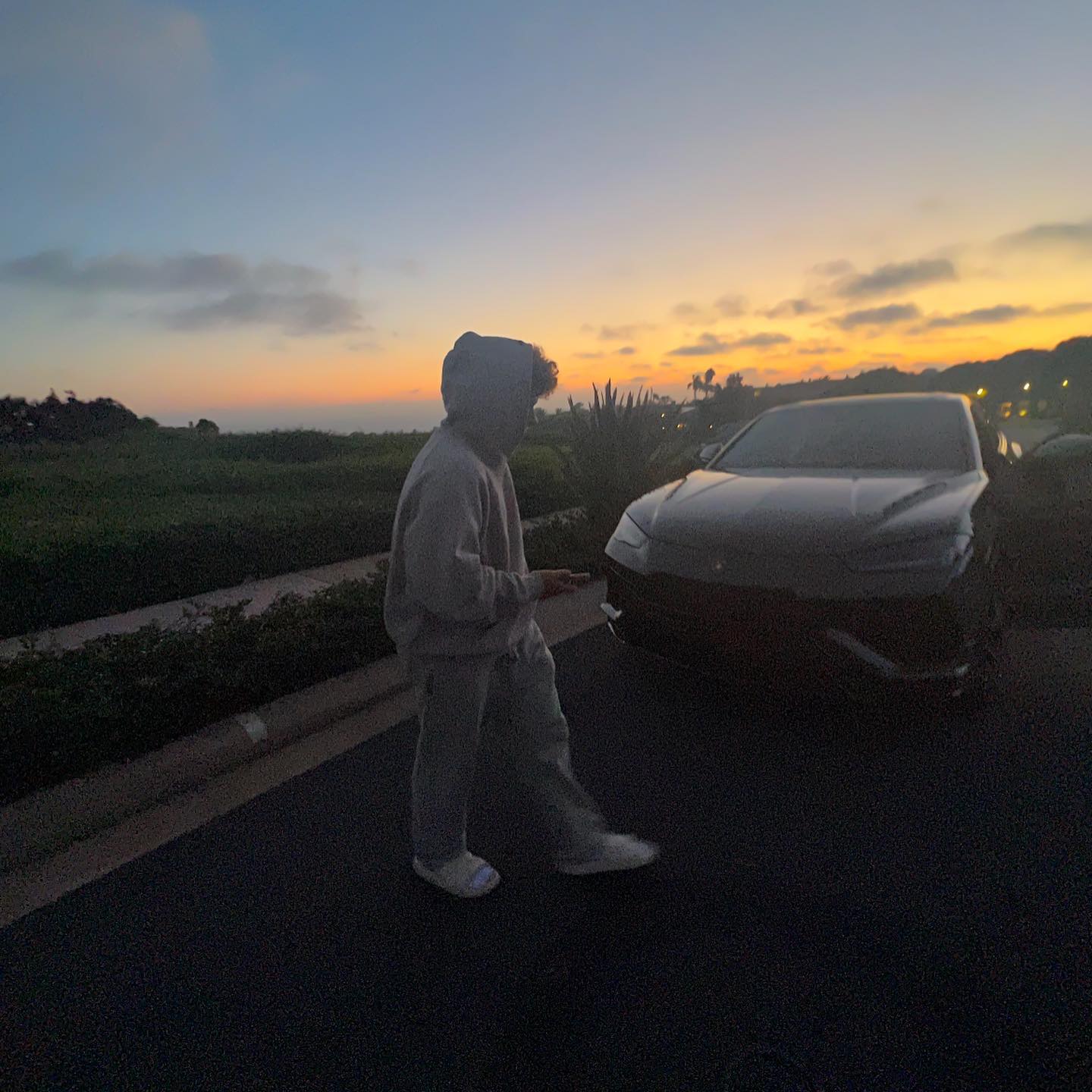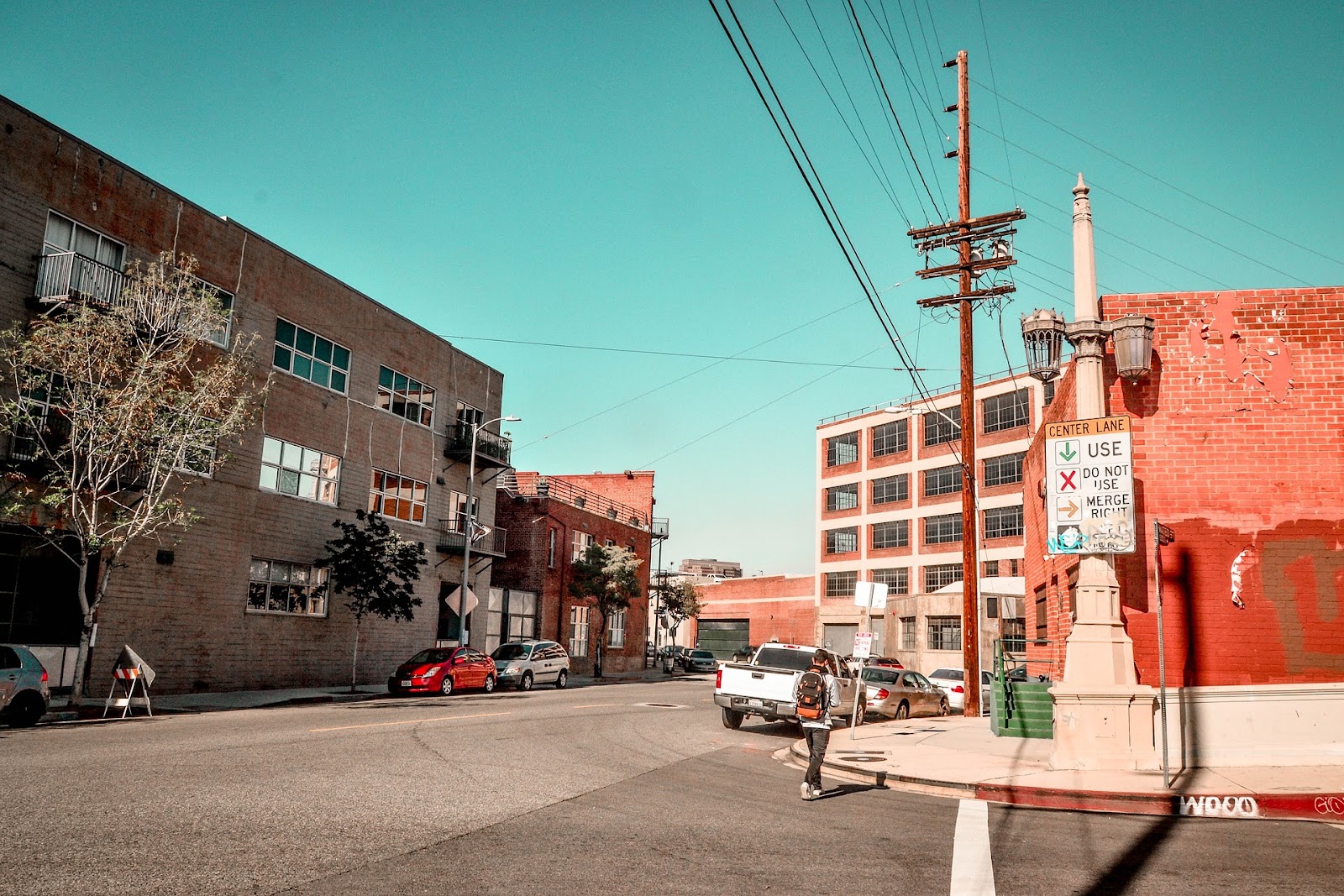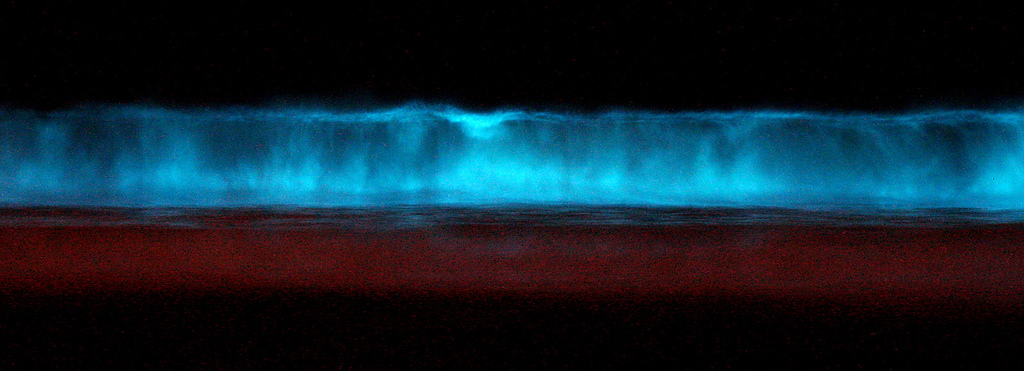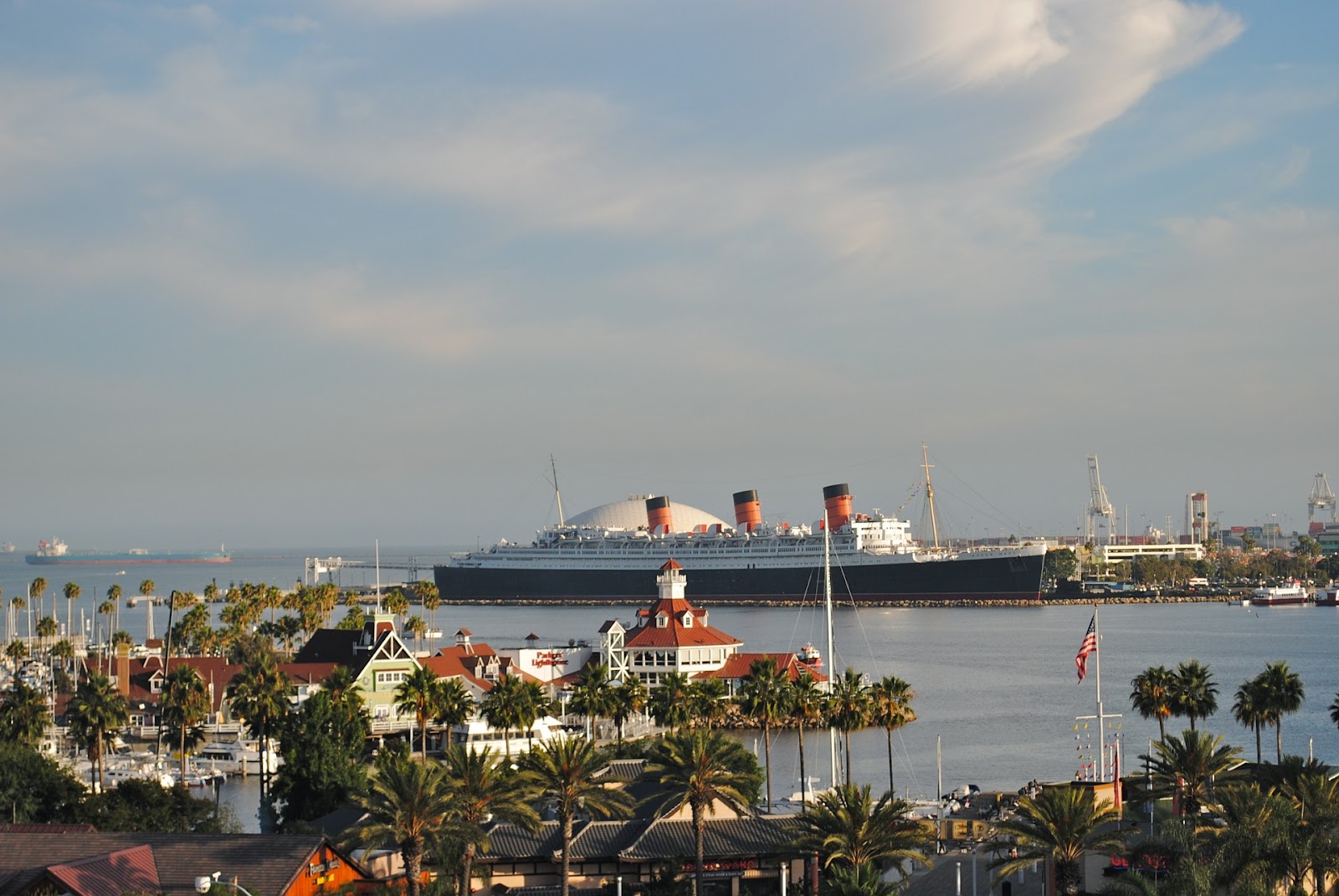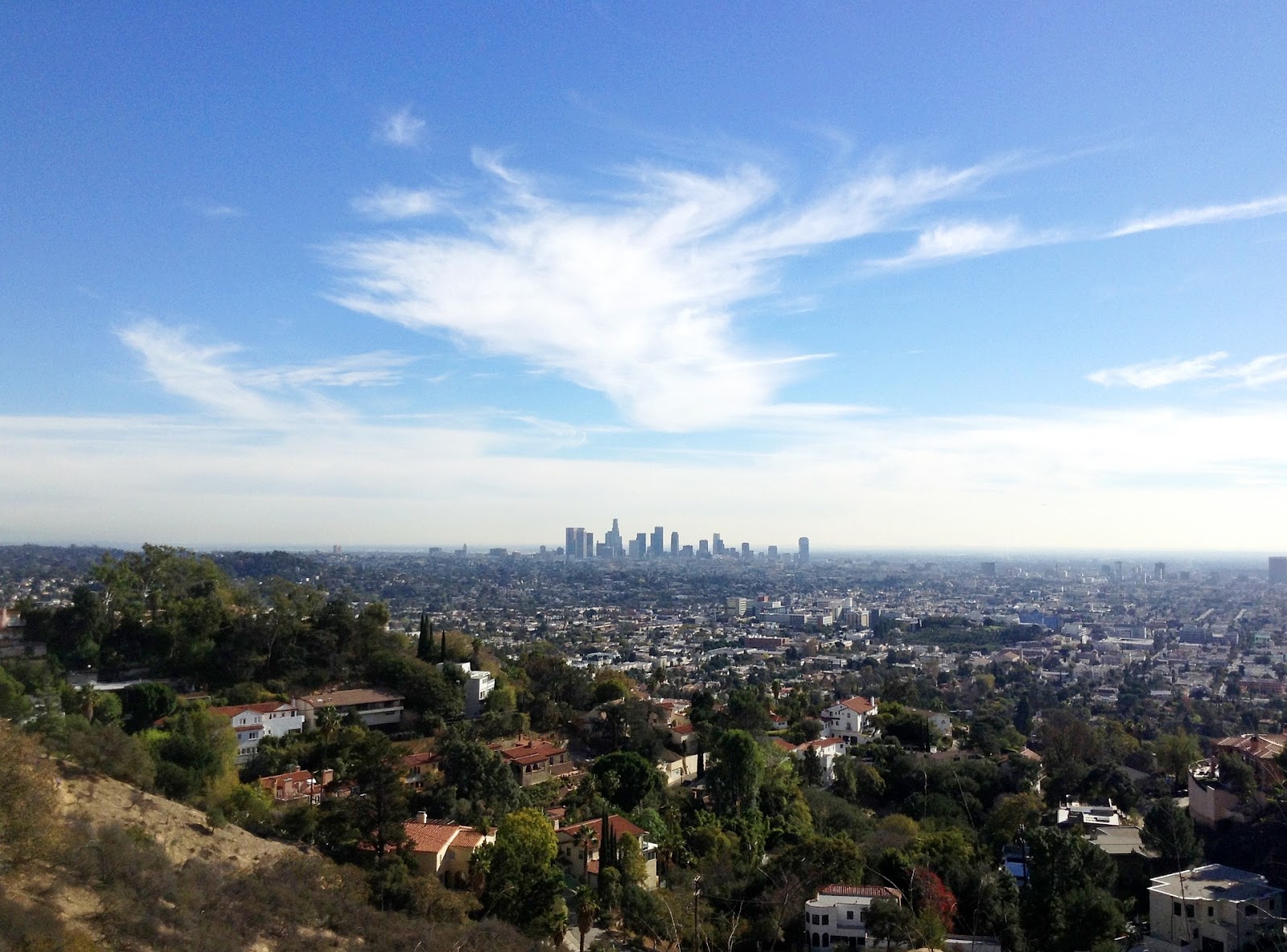Los Angeles has made a significant move against urban oil extraction in a decisive step toward safeguarding public health and the environment. The city council recently voted unanimously to push for terminating an expired pipeline franchise agreement at the West Pico oil drill site. This bold step is part of an effort to address the public health and environmental threats posed by oil extraction within the city limits.
The council’s 12-0 vote signals a clear intention to move away from fossil fuels, aligning with global efforts to combat climate change. The West Pico site has been around since 1965 and is located on Pico Boulevard just west of Doheny Drive. Beyond seeking to end the pipeline agreement, the motion also mandates an investigation into two decades of alleged violations at this site, potentially leading to substantial fines.
Councilmember Katy Yaroslavsky, who represents the district where the drill site is located, expressed her commitment to this cause. “We must do all we can to protect communities from both the immediate effects of oil extraction in our neighborhoods and the long-term implications of a changing climate,” she stated during a committee meeting. This statement highlights a broader recognition of the urgent need to shift towards more sustainable practices.
This action by the City Council builds on a landmark decision they made last year to phase out existing oil and gas wells in Los Angeles and prohibit new extractions. This policy change coincided with the conclusion of the climate summit in Dubai, where, for the first time, global leaders collectively acknowledged the necessity of transitioning away from oil, gas, and coal.
The 2021 ordinance granted city leaders the authority to close drilling facilities permanently, marking them as legally nonconforming under the land use code. Leo Daube, a spokesperson for Yaroslavsky, explained, “That starts a shutdown process.” However, for now, Pacific Coast Energy Co., the operator of the West Pico site, retains the right to use the pipeline.
Residents have long voiced concerns about the Westside drill site, citing noise, unpleasant odors, air pollution, and an oil spill in 2021. These incidents prompted the City Council to investigate the site’s compliance with regulations. Peter Candy, a land use attorney representing Pacific Coast Energy Co., refuted claims of any spills or leaks from the pipeline under the company’s ownership, which spans over a decade.
Environmental activists like Steven Starr, co-founder of Extinction Rebellion L.A., have lauded the city’s proposal. During a public comment session, Starr described the motion as “essential in what needs to be a cascade of positive climate action on behalf of the L.A. City Council.”
Furthermore, the motion extends its scope beyond the West Pico site. It instructs the petroleum administrator to identify other pipelines in the city operating under temporary arrangements. “There isn’t a clear accounting right now of which franchise agreements are expired/operating on an interim basis,” Daube noted, emphasizing the importance of this information for future policy considerations.
However, some groups have raised concerns about the equitable application of these environmental protections. Maro Kakoussian of Physicians for Social Responsibility L.A. pointed out the disparity in treatment between communities like South L.A. and Wilmington and those on the Westside. She urged an inclusive approach in future measures to ensure that all communities affected by urban oil drilling are adequately protected.
As Los Angeles takes a stand against oil drilling, the city emerges as a potential leader in the global effort to combat climate change and protect public health. This latest action by the City Council addresses the immediate concerns of residents and aligns with a more significant worldwide movement towards a more sustainable and environmentally responsible future.









































































